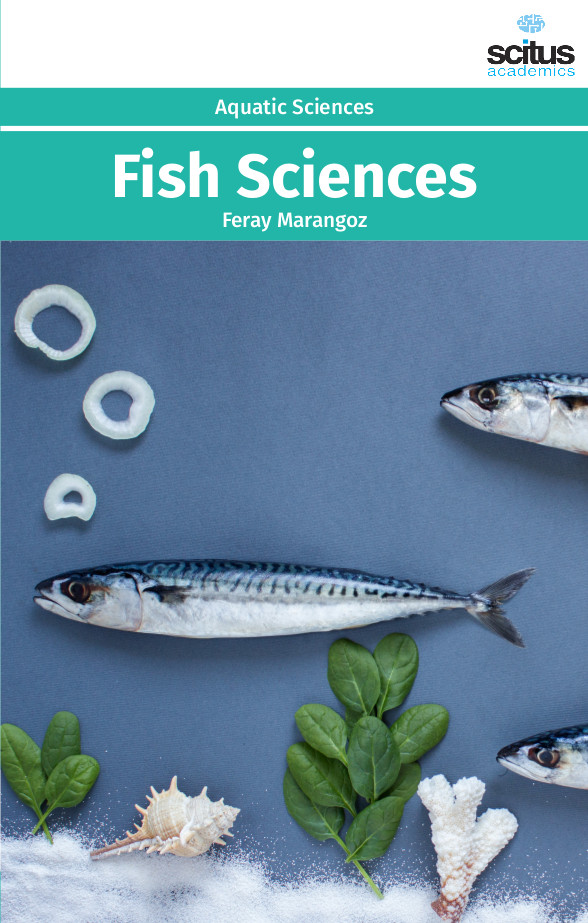The study of fishes is known as Ichthyology. The study of fish dates from the Upper Paleolithic Revolution (with the advent of “high culture”). The science of ichthyology was developed in several interconnecting epochs, each with various significant advancements. The study of fish receives its origins from human’s desire to feed, clothe, and equip themselves with useful implements. Early cultures manifested these insights in abstract and identifiable artistic expressions. A thorough knowledge of fish diversity, distributions, habitat requirements and life histories is essential to the management of fisheries, and conservation of species and the aquatic environment. Fish is a significant source of protein for millions of people in the world. Human population growth has placed a significant demand on fish as a food source. It is estimated that approximately 25 percent of all protein consumed by people comes from fish. For some developing nations fish provides a large percentage of protein for its own people as well as a source of income as an export product. Fish research has become an increasingly important study as fish populations decline throughout the world.
This book ‘Fish Sciences’ brings research studies to give in a concise form an account of the principal facts relating to the structure, classification, and life-history of Fishes. Research in ichthyology helps policy makers determine what course of action to take in order to maintain fish populations throughout the world. National and international policies are determined based on the data provided by fish research. It is intended to meet the requirements of those who are desirous of studying the elements of Ichthyology; to serve as a book of reference to zoologists generally; and, finally, to supply those who, like travelers, have frequent opportunities of observing fishes, with a ready means of obtaining information.













